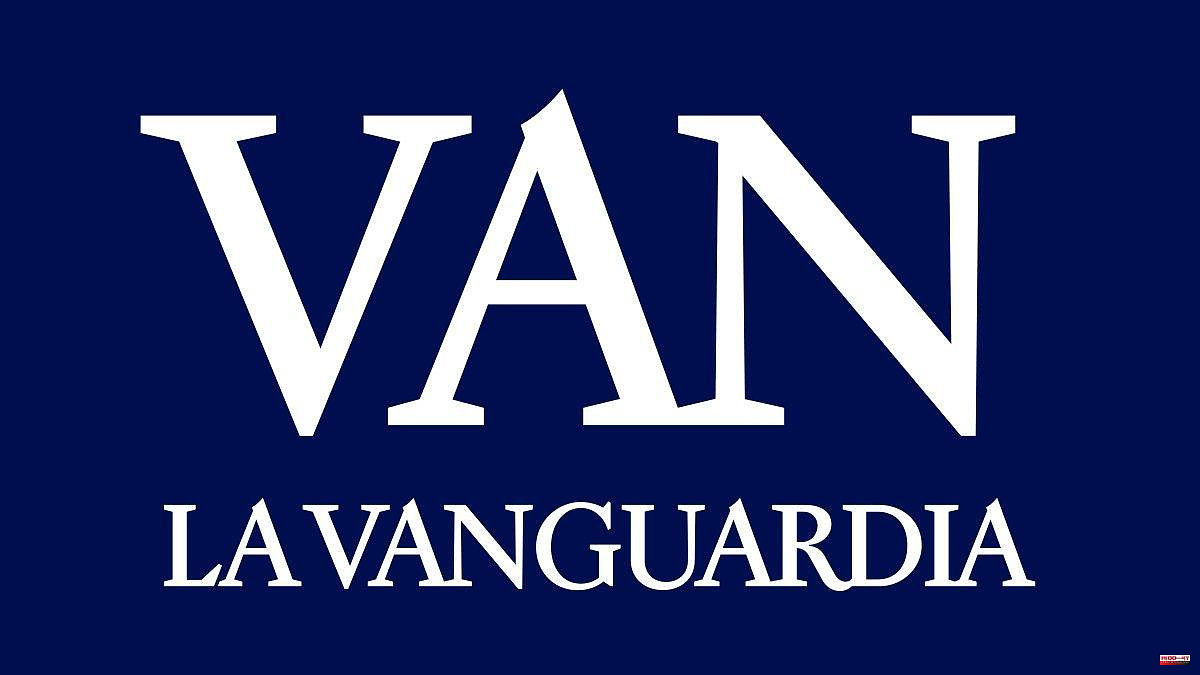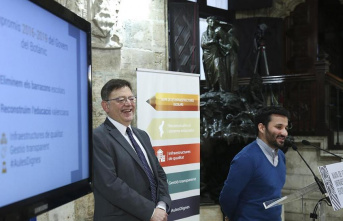These days we are witnessing a phenomenon between social drama, naughty comedy and teenage terror around the numerous youngsters who have seen virtual and real fortunes vanish with the collapse of the cryptocurrency market. They are beardless defenders of speculative and deregulatory neoliberalism, which, today, is like arriving at a party when only Biterkas is left.
For anyone who has seen Wall Street, by Oliver Stone, or The Great American Swindle, by David O'Russell, the doubt about the fate of the little boys addicted to crypto-cards who gave lessons in investment gallantry, was not how they would go, but how long it would take before they had to deliver the shirt, pants and underwear to the store's locker. The reason why this supervening ruin of so many little apprentices of Gordon Gekko (Michael Douglas) has not produced pity or anger on social networks but quite a lot of humor, some of the highest quality, is not envy or cruelty but the unequivocal condition that always defines those who, from the scam of the stamp, suffer from this type of financial accident: they want to be the smartest in the courtyard and climb the steps of prosperity three by three.
Speculative markets do not rest on the principles of meritocracy or ability, not even on legitimate professional ambition, but on those of greed and the deluded conviction that one can stand out from the rest through trickery. In the world of marketing, Media Markt understood this fury like nobody else, which appealed in its most astute slogan precisely to that drive to leave others behind: "I'm not stupid." And in the cinema it was carefully applied by the filmmaker and playwright David Mamet, who in titles such as House of Games, The Plot (whose translated English title is The Spanish Prisoner, which is the name of the scam in question), or GlennGarry Glen Ross, among others, he made very intelligent allegories of the guiding principles of neoliberalism of save yourself who can.
Tonight, TVE's La2 broadcasts the sympathetic Los tramposos, which includes the most compassionate portrait of the tricksters who take advantage of those irrepressible greedy instincts of common mortals to get out of their own needy condition. But in reality, what has been happening for years with the equity or futures markets is much better portrayed in Martin Scorsese's Casino. Because in the gaming venues this business model is summed up in which a few professionals, such as the Pelayos (The Pelayos), made into a film by Eduard Cortés, earn money at the expense of innumerable amateurs who believe they can function like experts and who They often have a small moment of fortune before losing even their underpants. Because in the casino, some professionals win some money, many amateurs lose a lot, and the one who gets the lion's share is always the bank. In other words, the owner of the business.
When Margaret Thatcher spoke of "popular capitalism" and encouraged needy savers to leave fixed income to embrace the exciting possibilities of equities, she was bringing clients, that is, potential victims, into the ring of professionals. That is, providing personnel to fleece. Sheep to shear.
In Spain we have had our little involuntary Thatchers, directors of bank branches who moved the small amounts of money from the grandparents to the preferred ones and who managed to make the savings of a lifetime of work evaporate, often in the painful conditions of emigration. But these victims did not think that they would become the smartest in the parish, they had simply grown accustomed to respecting the three royal authorities of the town, the priest, the doctor and the director of the savings bank.
In the classic and utterly memorable The Heist, with Paul Newman and Robert Redford in their prime, it was shown that the only way to get out of this world of con men is, of course, to own the place.
As for our young Gordon Gekko apprentices, don't cry too much for them, because as Oliver Stone demonstrated in the unfairly ignored Wall Street 2: Money Never Sleeps, chances are they'll be back at it again. You can get out of gambling addiction with professional help, but not out of greed.
4












